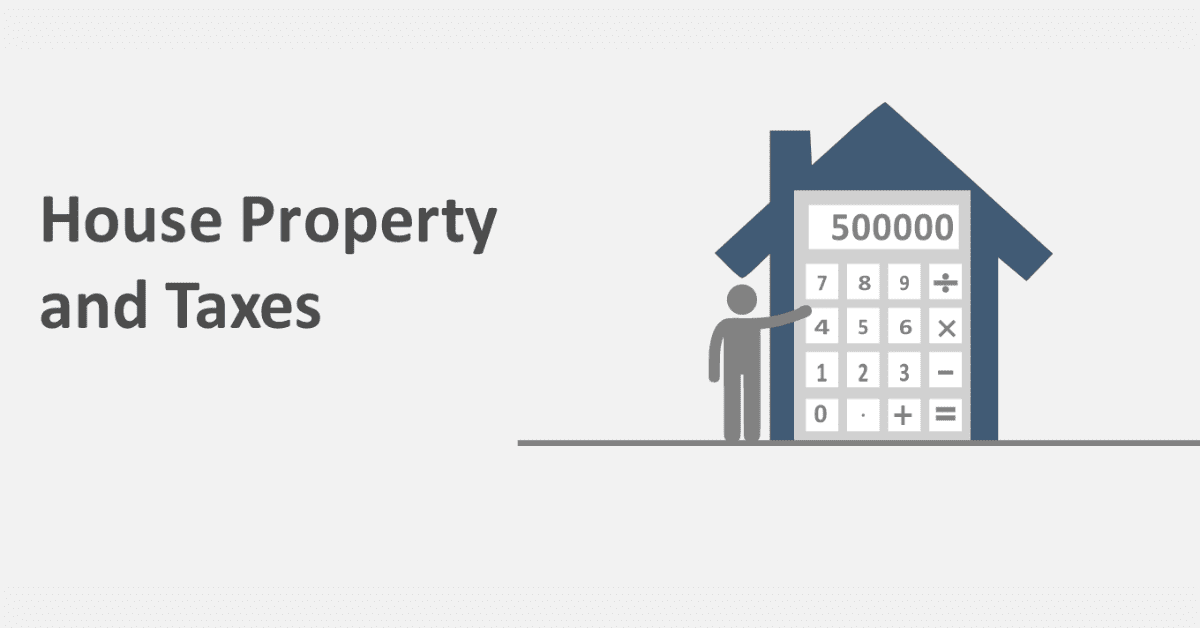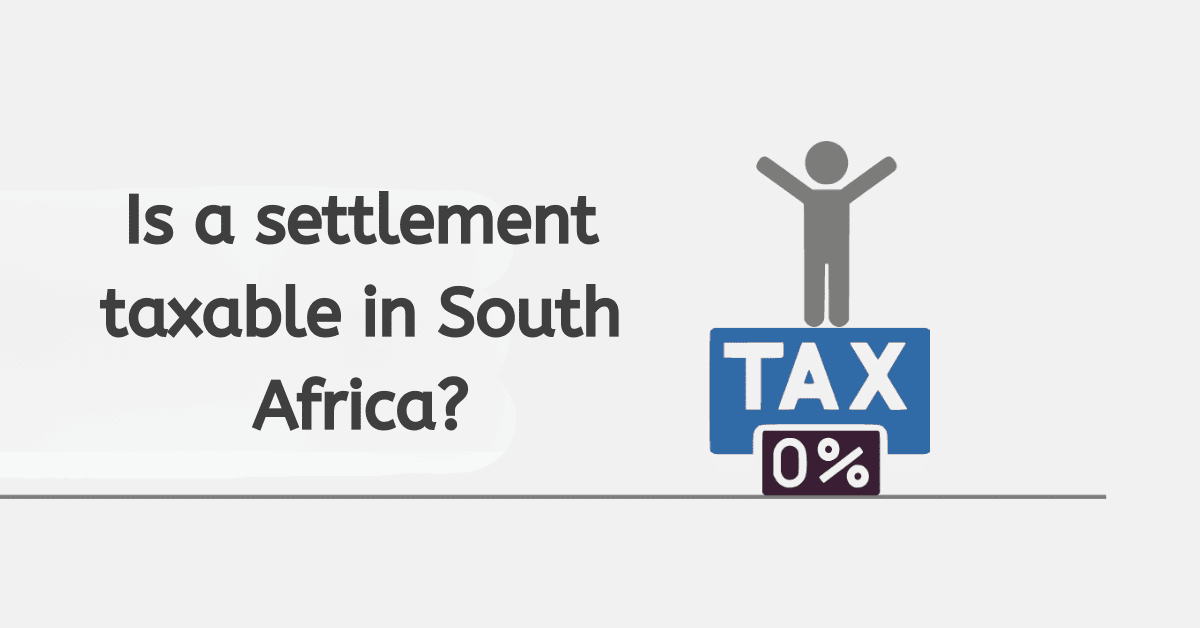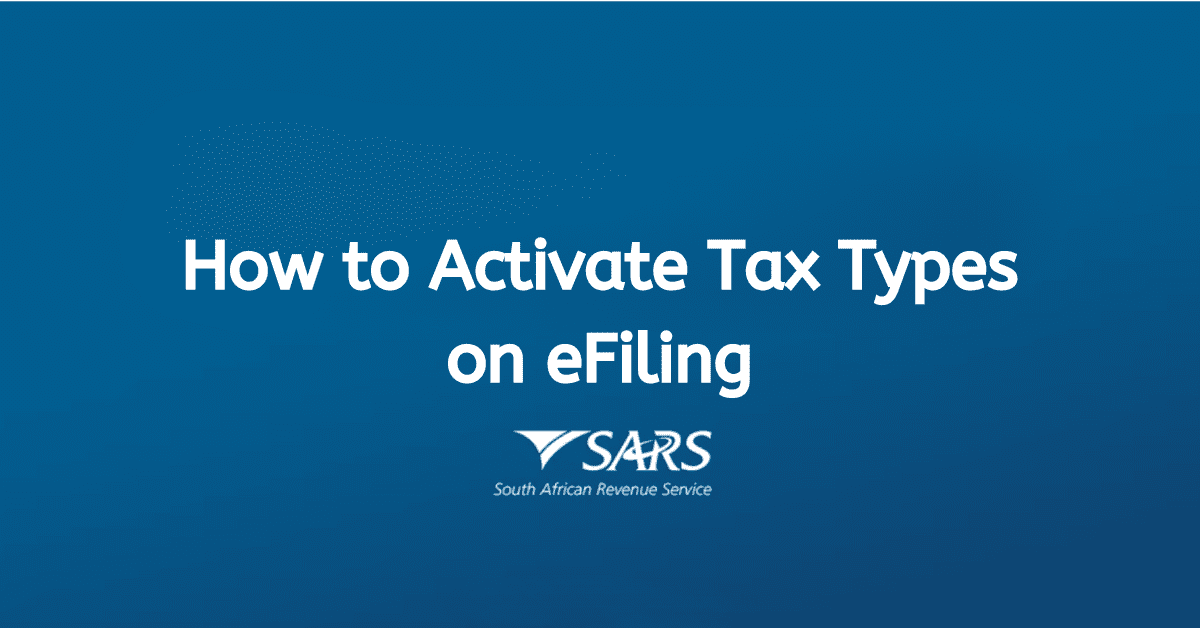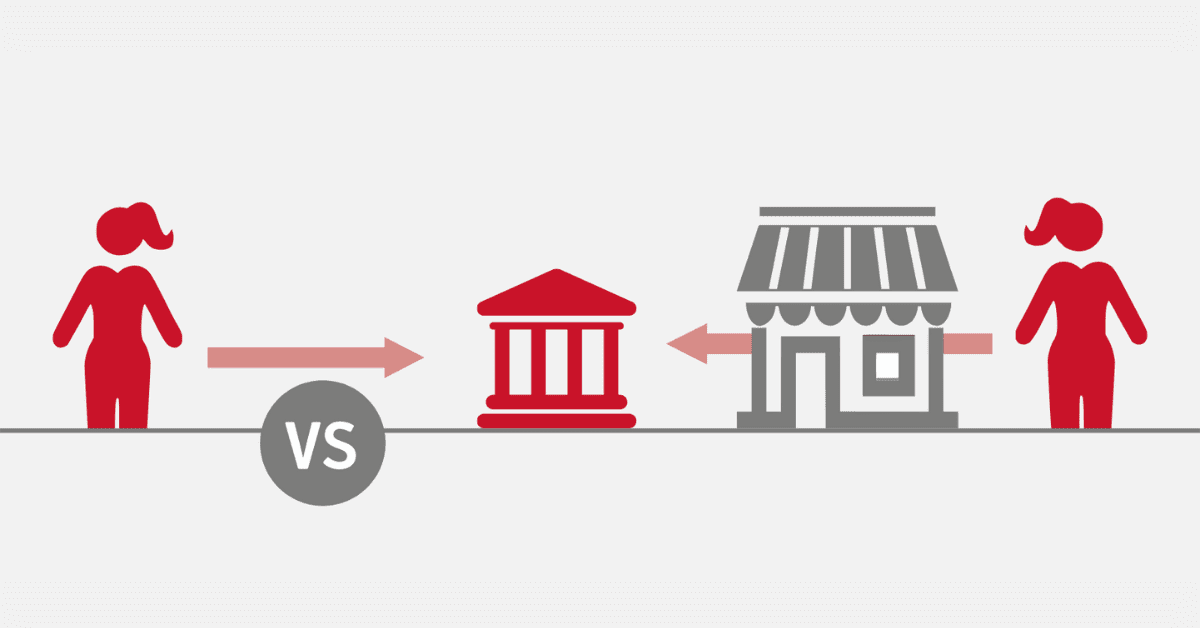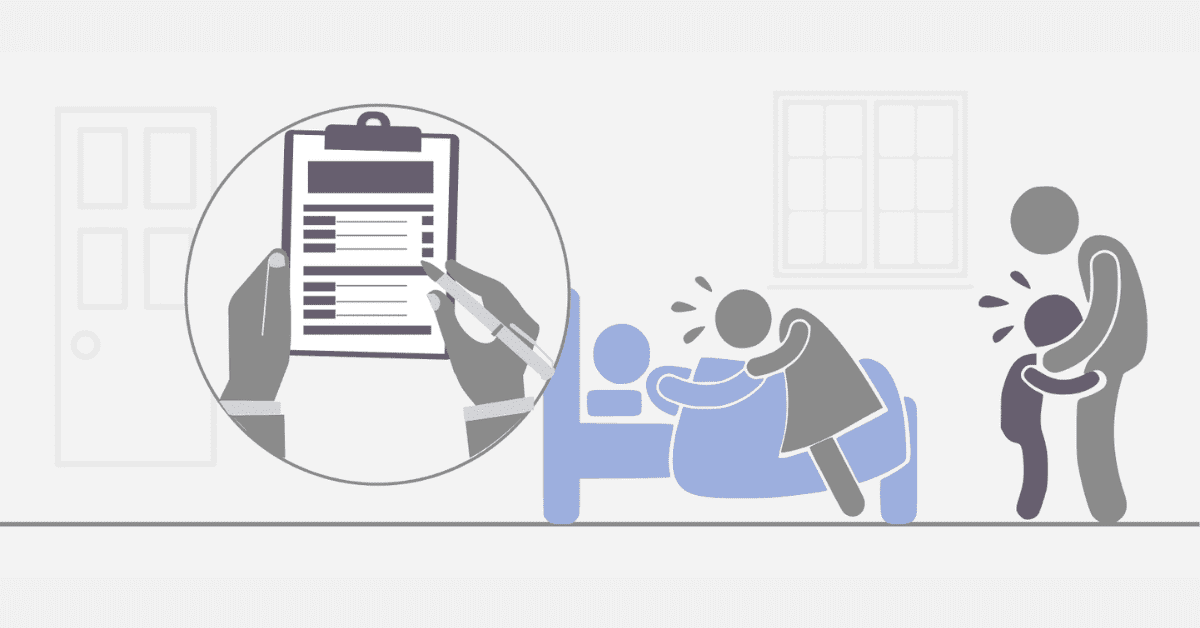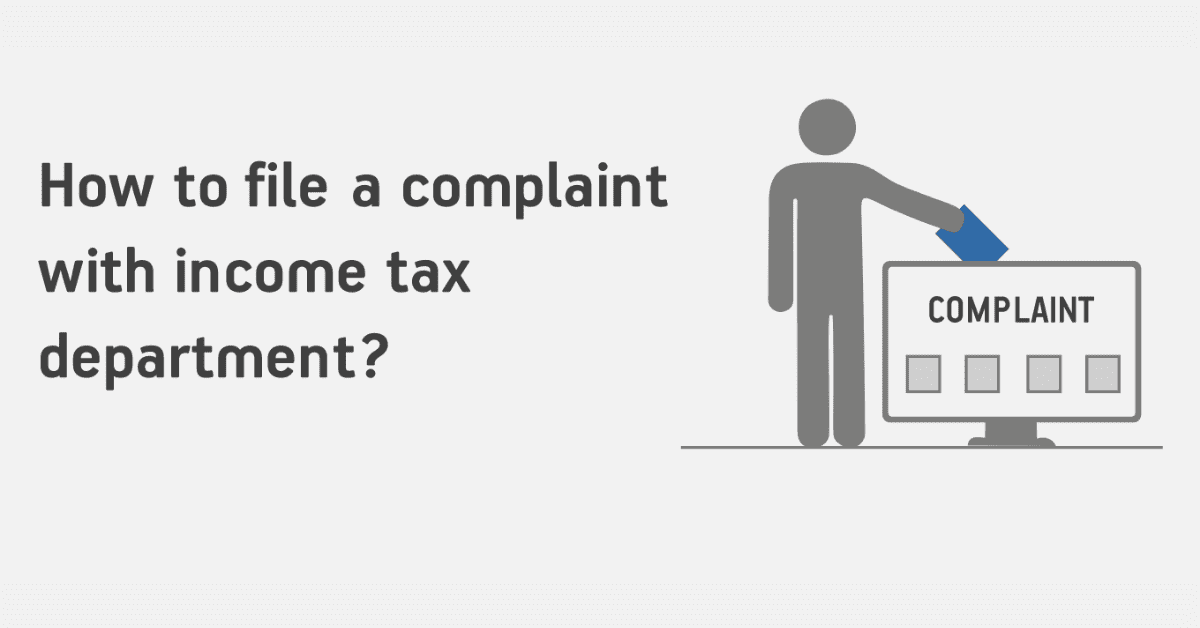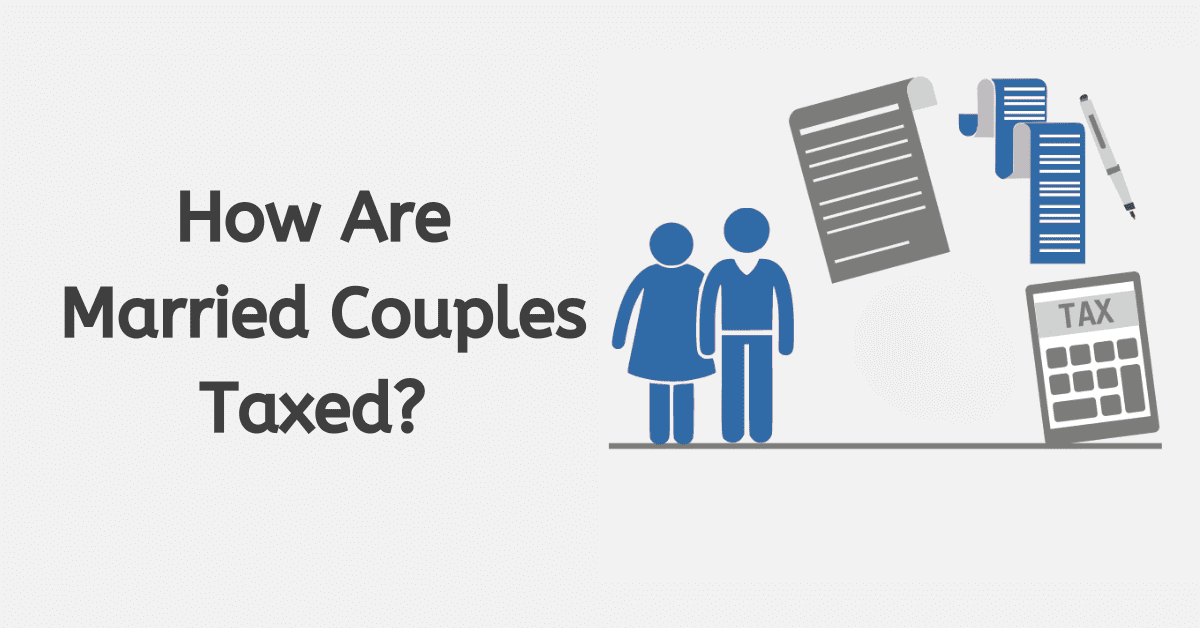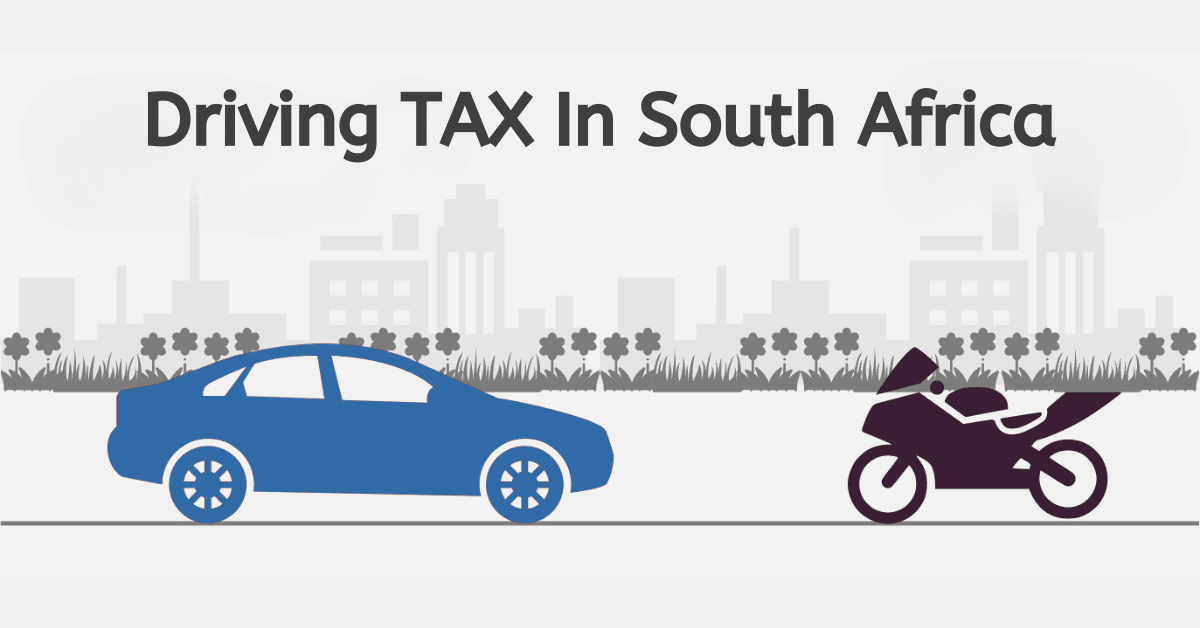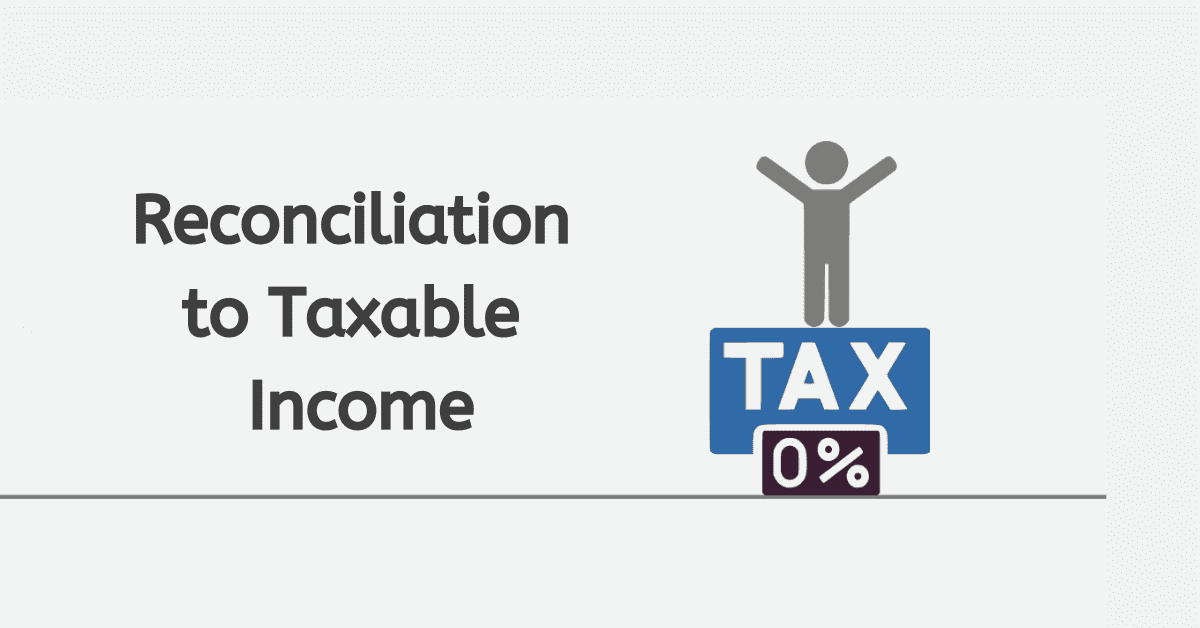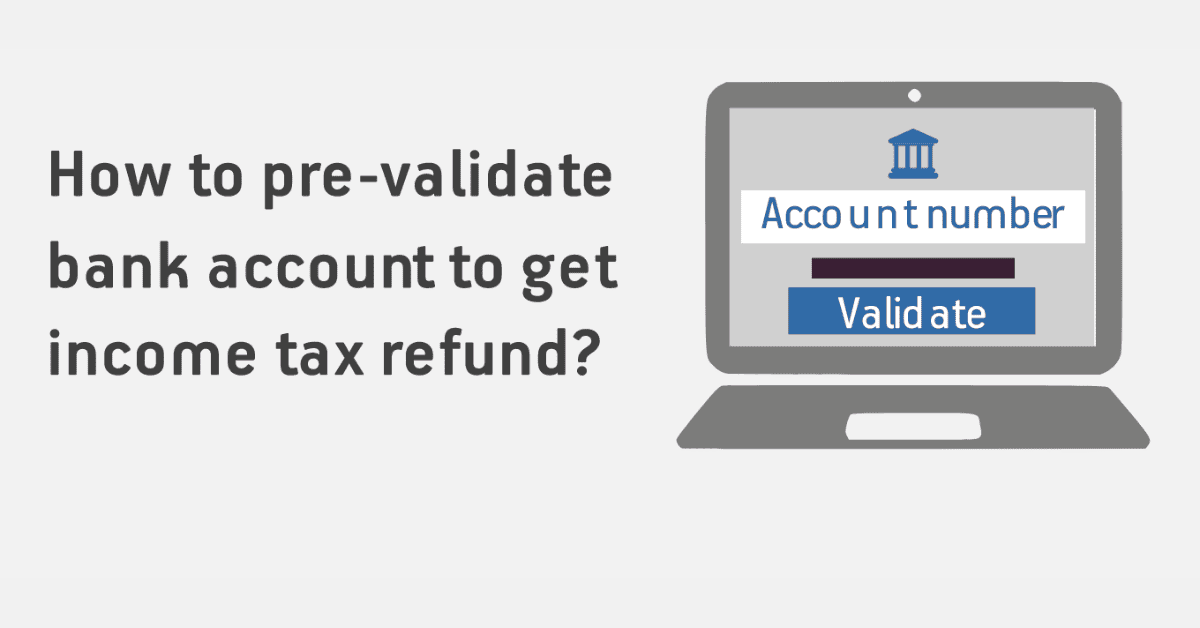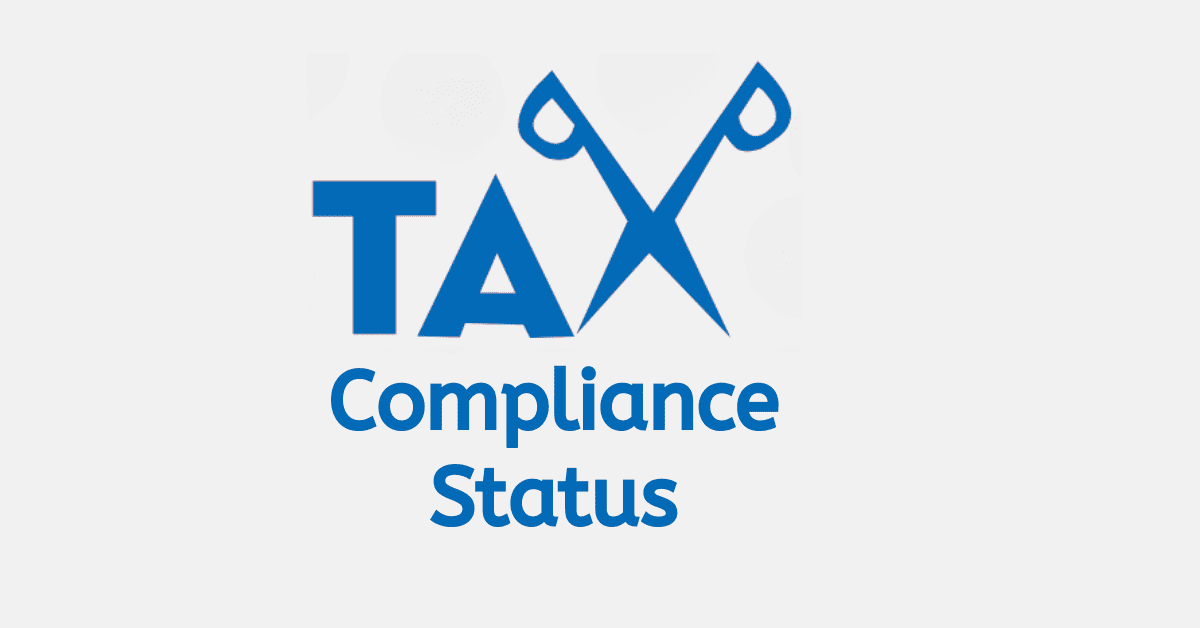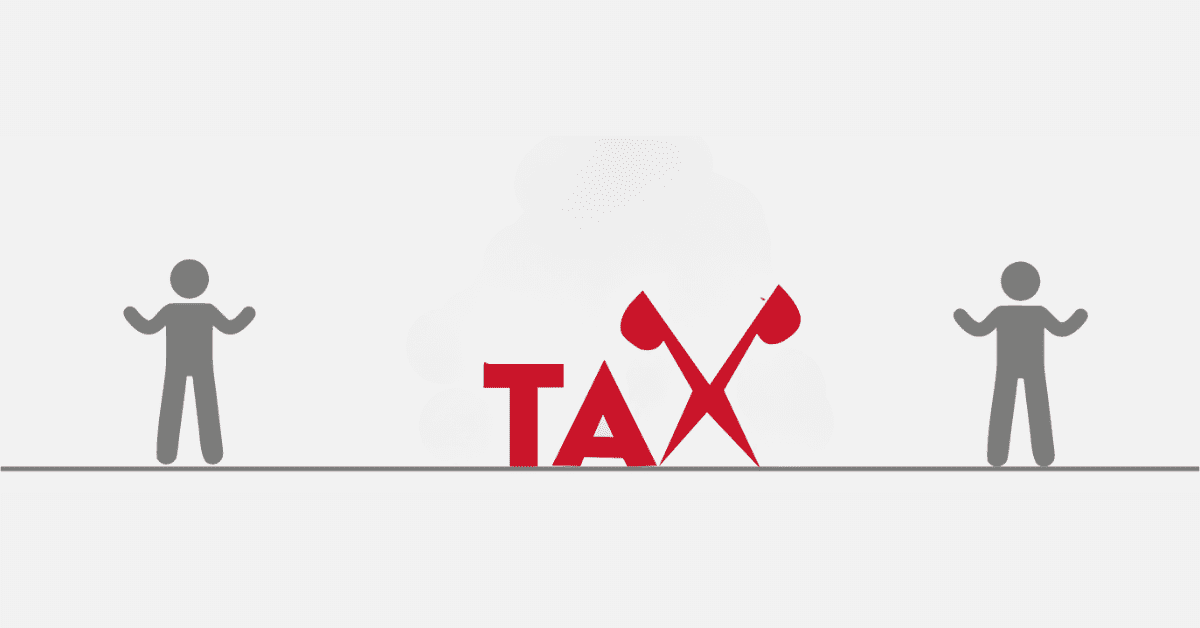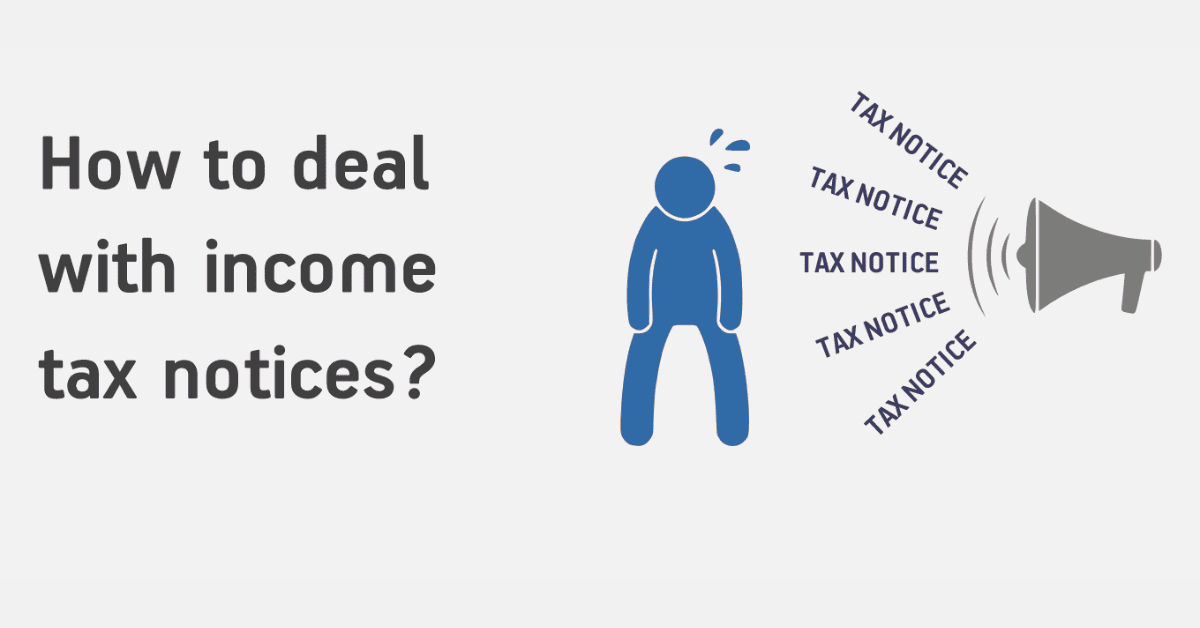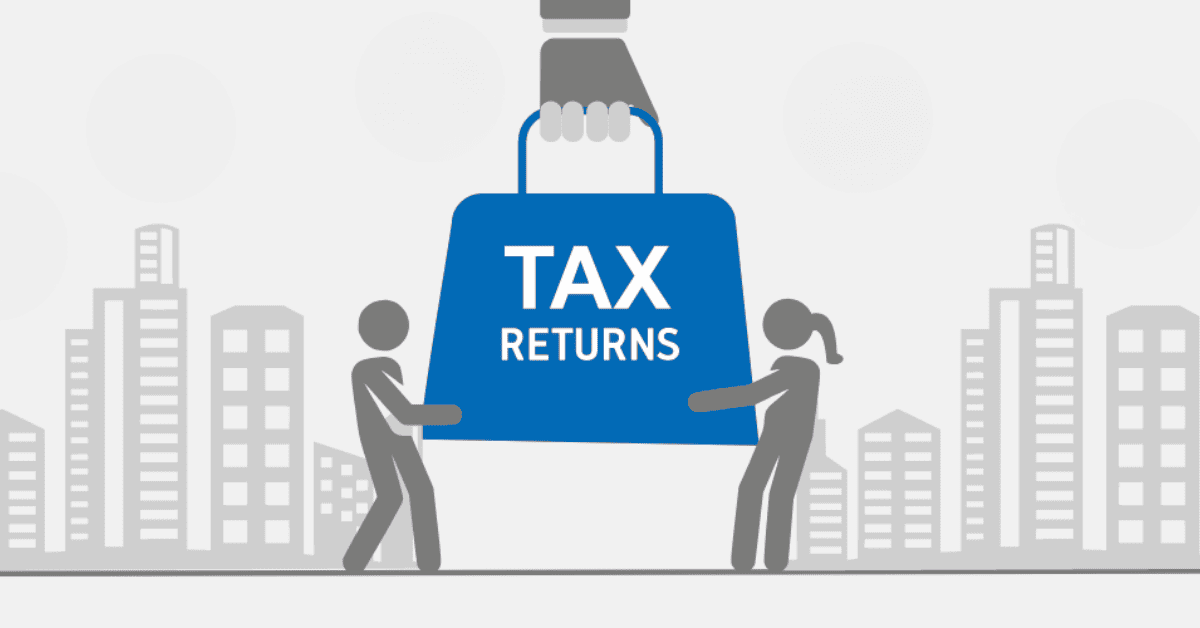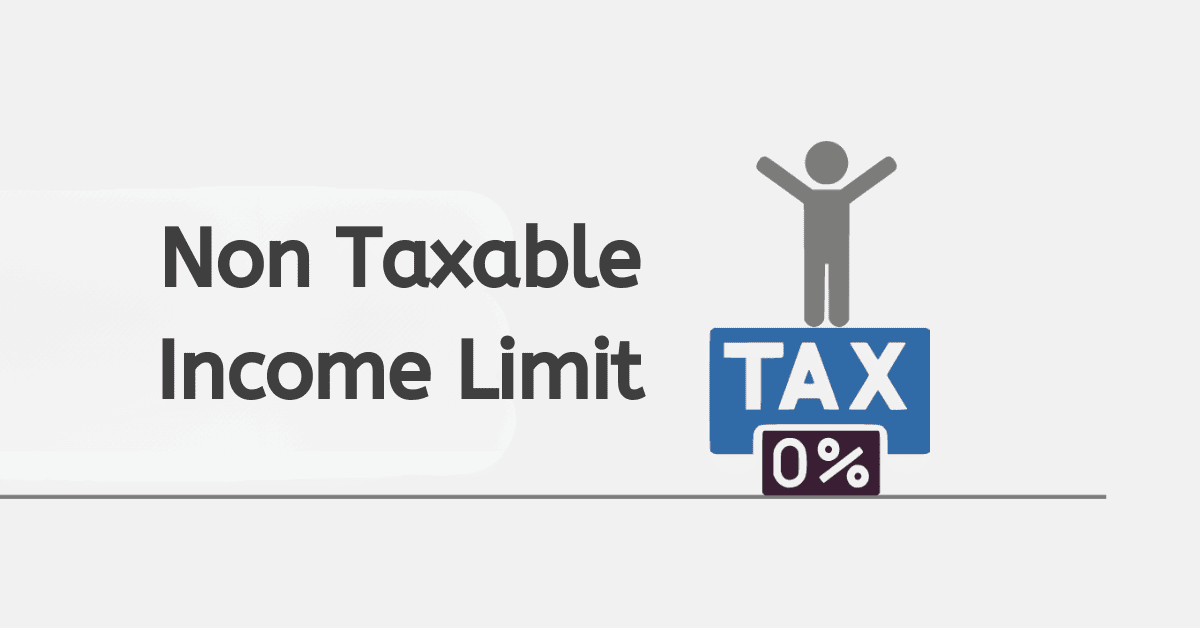Mistakes happen, in life and on your tax calculations. While SARS always offers you the chance to fix mistakes you make, or catch up on your back taxes or missed returns through an honest declaration, that doesn’t make it a ‘get out of jail free’ card that will spare you the penalties and back payments associated with the situation. Today we’re looking at some of the most common income tax penalties in South Africa, as well as how you can avoid triggering them and save yourself some cash.
Must-Know Income Tax Penalties In South Africa
While SARS does have the right to pursue legal consequences for deliberate tax evasion, refusal to pay your due tax, and other high-profile matters, this is rarely the first step they take. Especially if you are being honest and attempting to rectify the issue with them. The most common ‘first step’ you will face if you have failed to submit returns or pay over amounts due is a series of penalties and late fees which will need to be settled to return your account to a tax-compliant status. There are a variety of penalties they use, but here are some of the most common income tax penalties you will encounter in South Africa:
- Late Submission Penalty: Failing to submit your income tax return by the stipulated deadline incurs a late submission penalty. Typically, this is a R250 charge that is immediately applied to your account when the form is sent in after the correct date. It is not linked to the amount of tax paid (or outstanding) but is only generated because the return was filed late.
- Late Payment Penalty: If you fail to pay your income tax liability on time after the submission of your return, a late payment penalty is imposed. Additionally, the total of your overdue account will attract interest on the amount due every month until it is settled.
- Underestimation Penalty: This is a newer penalty that has been recently introduced, so you may not yet be familiar with it. However, providing an understated estimation of taxable income or underestimating provisional tax payments may now trigger this penalty. The penalty is calculated based on the extent of the underestimation and is aimed at encouraging accurate reporting of income.
- Non-Compliance Penalty: Failure to comply with tax laws or attempting to evade taxes can result in non-compliance penalties added to your overall tax bill as well as potential legal consequences.
- Failure to Register Penalty: If you are required to register for tax purposes and fail to do so, this penalty may be imposed. The penalty amount is linked to the duration of non-compliance and the amount of back taxes due. This is why it pays to register for tax once you start earning an income, even if you are below the existing tax threshold. Remember that submitting a return does not automatically generate a payment liability- ‘nil returns’ are very common, for example, when filed by those who haven’t earned over the tax threshold. See it as an administrative duty separate from your payment responsibilities.
How Do I Check My SARS Penalties?
You can see any SARS penalties you have been charged in several ways. Perhaps the easiest, especially if you have a payment backlog, is to request a statement from SARS. Here you will see initial amounts due on returns, payments you have made, and separate lines for related penalties, interest, and fees, under each return reference code. If you know there is one specific return on which penalties or fees have been applied, you can also look at the Notice of Assessment for that specific return.
You can access both of these through the eFiling interface. Log onto the site using your eFiling credentials. For a statement, head to ‘SARS Correspondence’ and request a statement for the period you need. You will also see your historic Notices of Assessment in this tab. Or you can head to ‘returns history’ and choose a specific return. In the return screen, you will also see all Notices of Assessment linked to it.
What is the Penalty for SARS Income Tax?
The penalty for SARS income tax varies based on the specific non-compliance or violation. Each type of penalty has its own set of rules and calculation methods. The penalties may include fixed amounts, percentage-based charges, or a combination of both.
For late submission and late payment penalties, the amounts increase over time, reinforcing the importance of adhering to deadlines. Interest is also applied to all amounts due, not just the core original assessment. Underestimation penalties are calculated based on the extent of the underestimation, while non-compliance penalties can be significant and typically also involve legal consequences.
Can SARS Waive Penalties?
Yes, SARS has the discretion to allow penalty waivers under certain circumstances. While there is no guaranteed process for obtaining a penalty waiver, SARS will review requests on a case-by-case basis. Here are some factors that may be considered for a penalty waiver:
- Reasonable Cause: If you can demonstrate that the non-compliance or violation occurred due to circumstances beyond your control, SARS may consider a waiver.
- First-Time Offense: For individuals or businesses with a clean compliance history, SARS may exercise leniency for a first-time offense.
- Prompt Correction: Taking prompt action to rectify the non-compliance and cooperating with SARS during the resolution process may be viewed favorably. With taxes, honesty is always the best policy and they will typically try to work with you to bring your account into compliance.
To request a penalty waiver, you can submit a written request to SARS, providing a detailed explanation of the circumstances and supporting documentation. It’s essential to be transparent and honest in your communication to get the best possible hope of a positive outcome.
Remember that it is in SARS’ best interests to work with you (and get their back taxes) rather than take you to court. So for honest mistakes, and cases where people are genuinely trying to become tax compliant, they will usually work with you rather than rush to court action. The worst thing you can do, however, is to ignore the issue, as your bill will get bigger and bigger while you do so, and eventually, they will take legal action.
